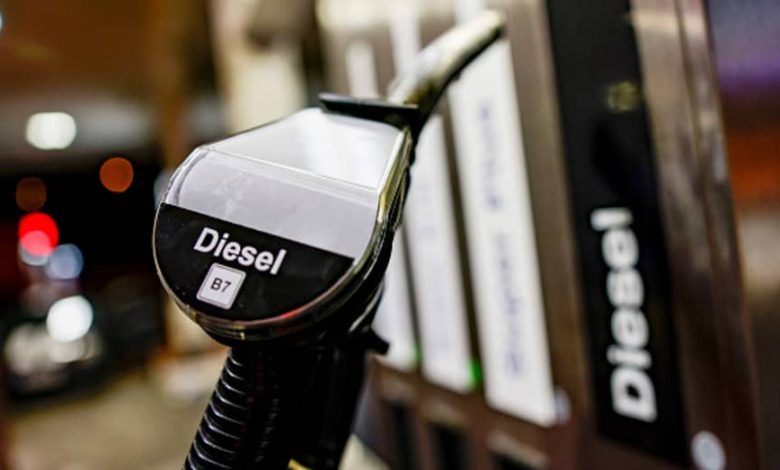
There are strong indications that more manufacturing companies and businesses in Nigeria may shut down following the energy crisis which has now pushed diesel price to over N1,100 per litre.
The situation is worsened by the foreign exchange crisis and the floating of the naira by Nigeria’s apex bank.
Already, the number of factories shutting down yearly due to power shortages and harsh economic conditions remains worrisome.
This is even as stakeholders have continued to express deep concerns that without urgent actions, including halting taxes on petroleum products, job losses and revenue declines from the sector could severely impact the nation’s economic growth and its expected contributions to Gross Domestic Product (GDP).
According to experts, the manufacturing industry witnessed a 17.3 percent increase in the cost of production and distribution.
Capacity utilisation plummeted by 5.6 percent, volume of production contracted by 6.1 percent, manufacturing investment decreased by 5.6 percent, employment dropped by 5.7 percent, sales volume plunged by 6.3 percent, and the cost of shipment went up by 14.3 percent.
The Manufacturers Association of Nigeria’s Confidence Index for the second quarter of the year identified high cost of energy as the foremost challenge facing manufacturing in the country.
This challenge is compounded by high credit costs and lack of loanable funds, multiple taxes, charges, levies, consistent tax policies for local producers and importers, raw material unavailability and delays in receiving imported raw materials, high raw material costs, forex scarcity, high exchange rates, and poor forex allocation.
While the nation’s electricity grid remains unreliable for manufacturing activities with over 134 system collapses in the last 10 years, manufacturers have spent nearly N1 trillion to source alternative energy in the last seven years.
The manufacturers spent N129 billion in 2016, N117.38 billion in 2017, N93.11 billion in 2018, N61.38 billion in 2019, N81.91 billion in 2020, N71.22 billion in 2021 and N144.3 billion in 2022.
With an average of 95 manufacturing companies shutting down yearly, with Gloxosmith being the latest, over 4,451 job losses are being recorded yearly in manufacturing sector alone as factory output value dropped to N2.68 trillion in first quarter of 2022 from N3.73 trillion in the first quarter of the year.
With the price of crude oil inching towards the $100 per barrel mark, stakeholders have predicted tougher times ahead for businesses in the country as the actual electricity output remains around 3500 megawatts in the last 10 years.
Director for the Centre for the Promotion of Private Enterprise (CPPE), Muda Yusuf said the implications of the increase in the pump price of diesel would result in increased production costs for industries.
“Most small-scale producers are dependent on diesel generators as alternative sources of energy and this means that the production costs for them will go up. When you combine this with the forex crisis and all the other problems manufacturers are battling with, you can only imagine what will happen in the next few months,” Yusuf said.
“Also, it will affect the transportation of goods and services. The trucks and trailers we see on our roads are the ones delivering everything from raw materials to finished goods and they all use diesel. Almost 100 per cent of haulage in Nigeria is by road as our rail and water systems are under-developed. This will mean an increase in the cost of moving goods from one place to another, since they’re powered by diesel engines.”
Yusuf expressed worry that these challenges would further cause inflation to skyrocket.
Concerned over the nation’s economic outlook, former Manufacturers Association of Nigeria (MAN) chairperson for Apapa, Frank Onyebu said the implications are dire both for the economy and for consumers.
“The exchange rate is scary, the price changes as much as twice a day, always reviewing upwards never downwards. We used to joke that the dollar would exchange for one thousand naira but we never imagined we would ever get there. But look at it, we’re practically at a thousand naira to a single dollar and nothing seems to be stopping it from getting there, same as diesel. Both dollars and diesel will surpass one thousand naira at this rate.”
He pleaded with the government to take deliberate steps to halt the shocking increase and mitigate the suffering of local manufacturers, “who are dying out rapidly”.
